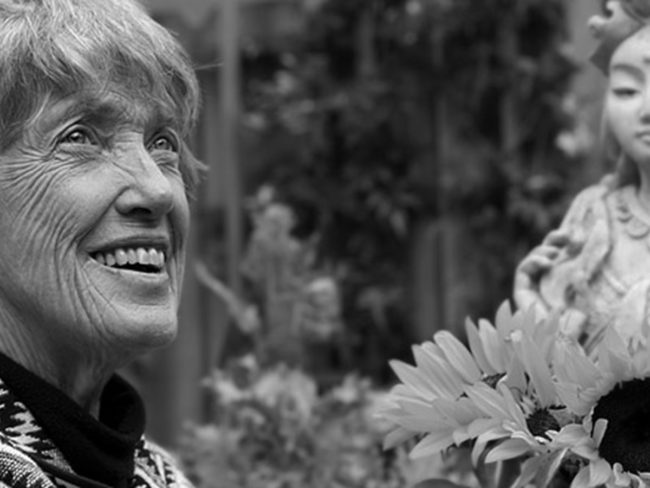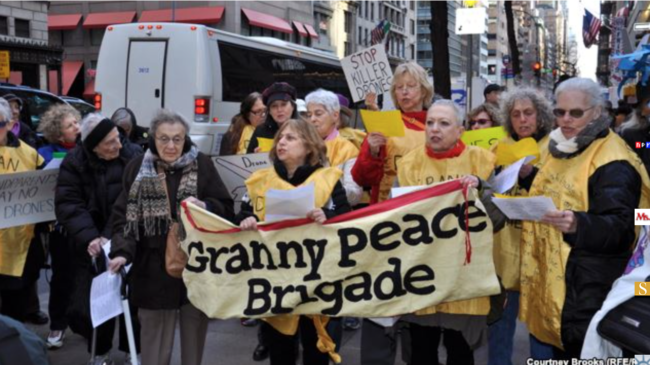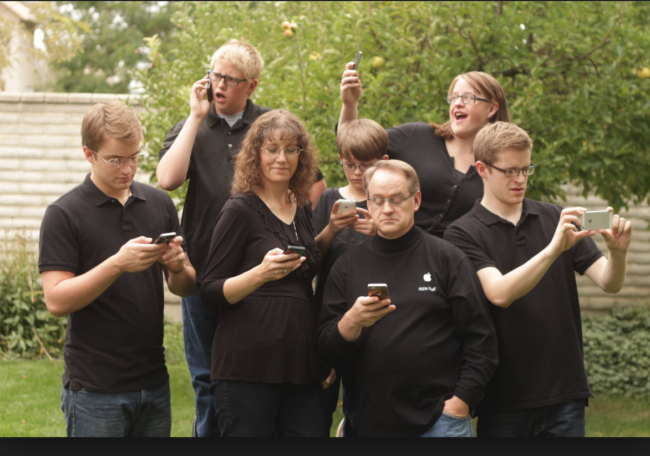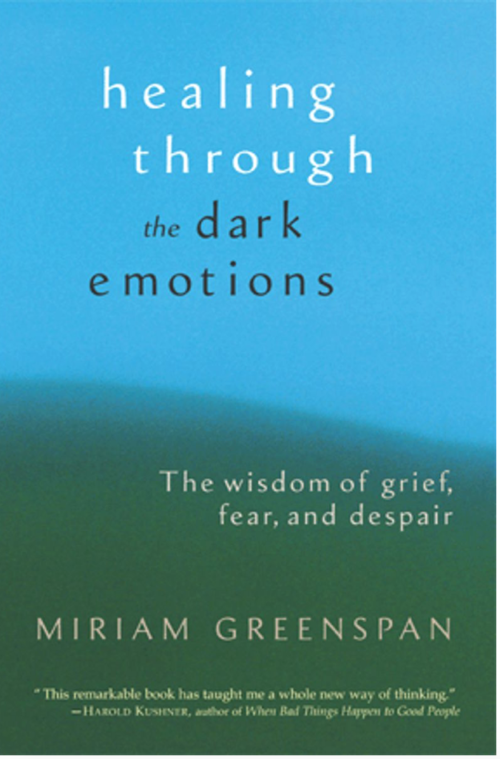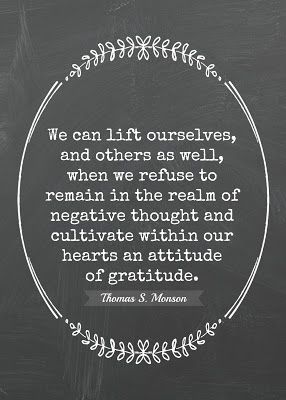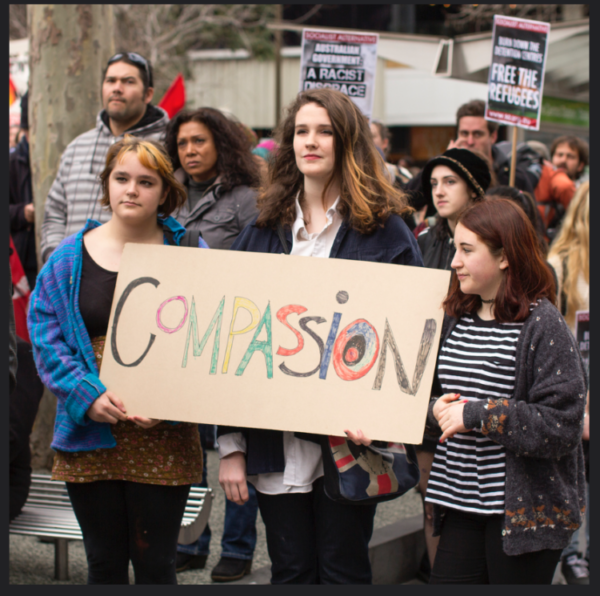“I’m terrified of what Trump is doing to our country.”
“I’m frightened of the climate my grandchildren will inherit.”
“I can hardly bear to read the news any more. Each day seems to bring another disaster.”
These are concerns I frequently hear from friends. Many days I feel the same way, but I also recognize that giving into fear is a prescription for depression. In search of answers for managing fear I turned to the wisdom found in Buddhist writings. Joanna Macy, a popular Buddhist teacher and writer, believes engaging with fear is the way forward.
Macy realizes this may sound counter-intuitive and elaborates:
“People fear that if they let despair in, they’ll be paralyzed because they are just one person. Paradoxically, by allowing ourselves to feel our pain for the world, we open ourselves up to the web of life, and we realize that we’re not alone. I think it’s a cardinal mistake to try to act alone. . . . The response that is appropriate . . .is to grow a sense of solidarity with others and to elaborate a whole new sense of what our resources are and what are power is.”
In other words, the world becomes less scary when we can join with cohorts working for change.
Another well-known Buddhist teacher, Joan Halifax, writes that compassion is instrumental to conquering fear and feeling helpless. She defines compassion as “the capacity to be attentive to others and to sense what will truly serve others.” Halifax implies that when we respond compassionately to those in need we become less self-absorbed. We grow more hopeful and in turn less afraid.
Halifax contends that our screen culture can shut down compassionate responses.
She calls it a “mass distraction,” while worrying that the digital world is telling us how to think. Halifax pokes us to get out from behind our screens and join the compassionate tribes in our communities.
When I think of compassionate tribes I look to the Sunrise teens working for climate change; the committed individuals traveling to the US-Mexican border with blankets and food for migrant families stranded there; urban street ministers caring for the homeless; cities, like Chicago, which are refusing to allow armed ICE (Immigration and Customs Enforcement) officers to enter their communities to ruthlessly pursue and arrest immigrants; Quaker groups who have worked for peace for decades.
In a similar vein to Macy and Halifax, the psychotherapist Miriam Greenspan maintains that engaging with fear allows us to open our hearts and be better able to connect to the best part of others, and ourselves because we’re all afraid.
Greenspan claims that we are “intervulnerable,” meaning that we suffer together, encouraging people to band together to address their common fears towards affecting change. Martin Luther King spoke similarly when he referred to our “inescapable web of mutuality.”
Gratitude, for me, is a by-product of engaging with fear. When I face my fears and join with others in common pursuit, I am grateful for having hope restored to me. It’s like turning on a light in a dark room. Gratitude, like compassion, opens our hearts.
Another way I engage with fear is to remember how small groups that evolved into movements have changed the course of human history. I derive considerable inspiration from the Suffragettes, the Montgomery Bus Boycott, and Second Wave Feminists. We can follow the footprints of our predecessors or be cowards.
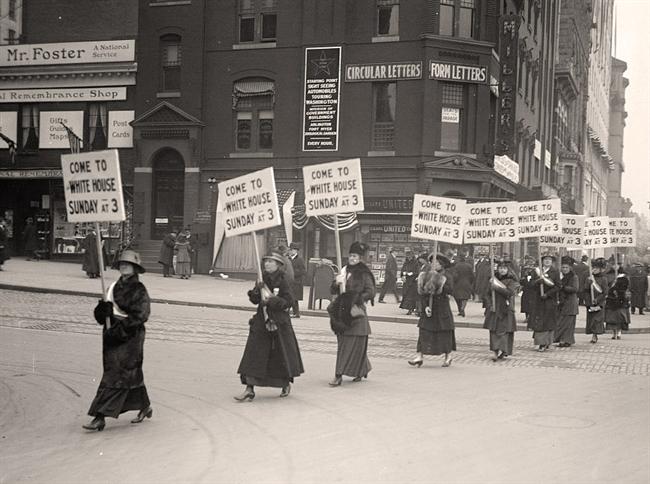
In the era before social media, Suffragettes carried signs to recruit followers for a protest at the White House.
In the words of the Dalai Lama:
Compassion is not religious business. It is human business. It is not a luxury. It is essential for our peace and mutual stability. . . Compassion is the radicalization of our times.”
Let’s all become compassionate radicals!

